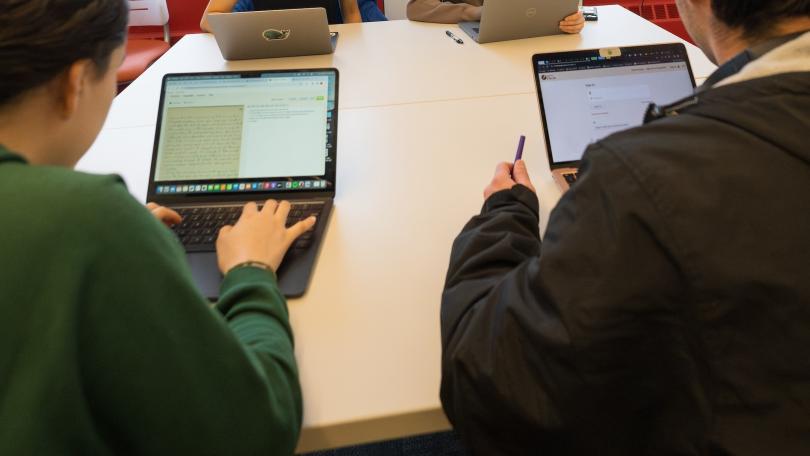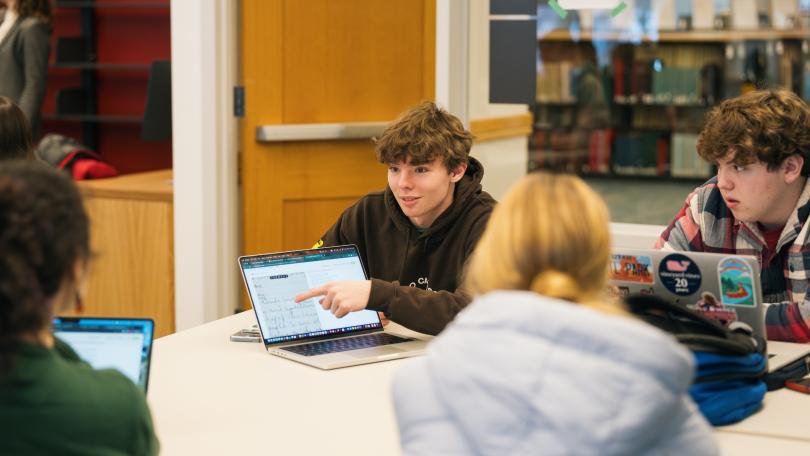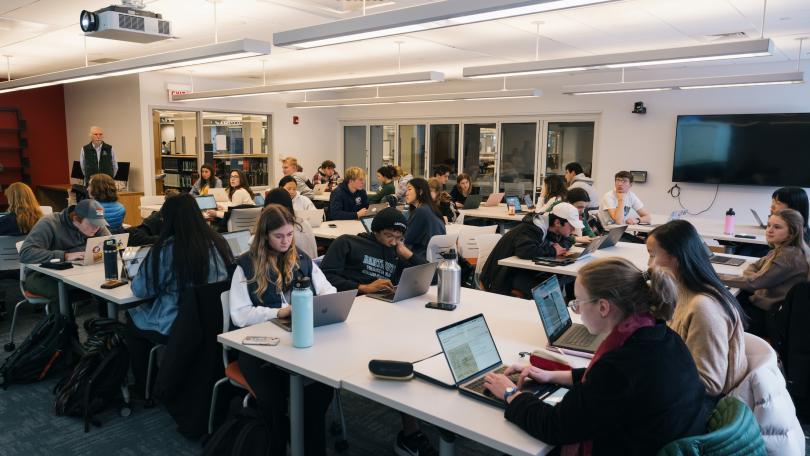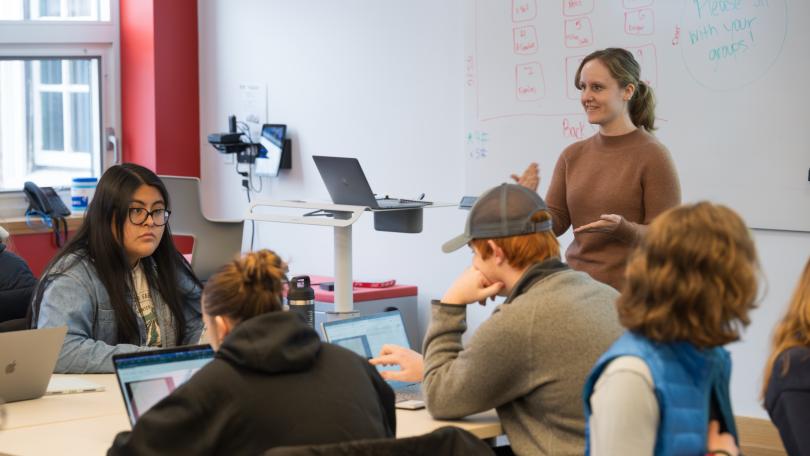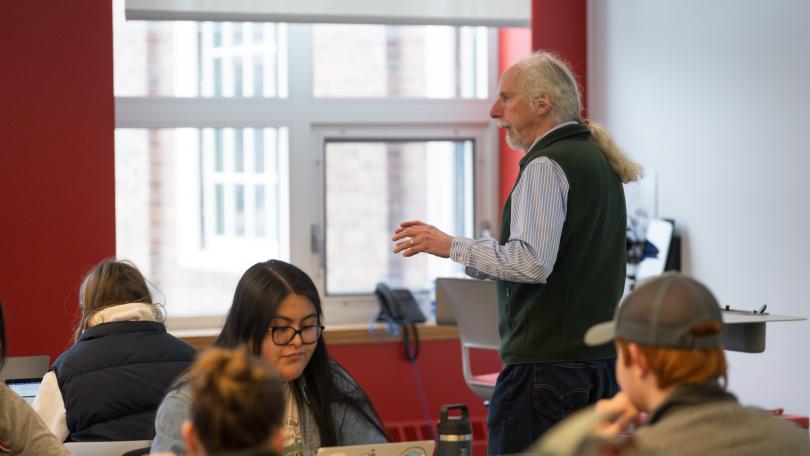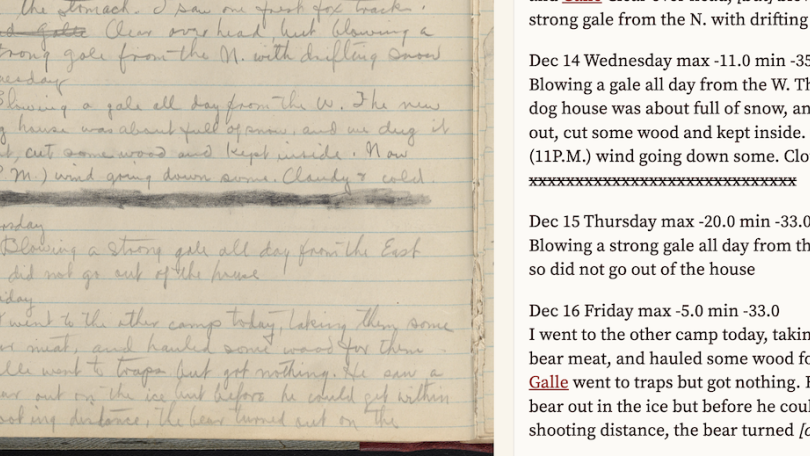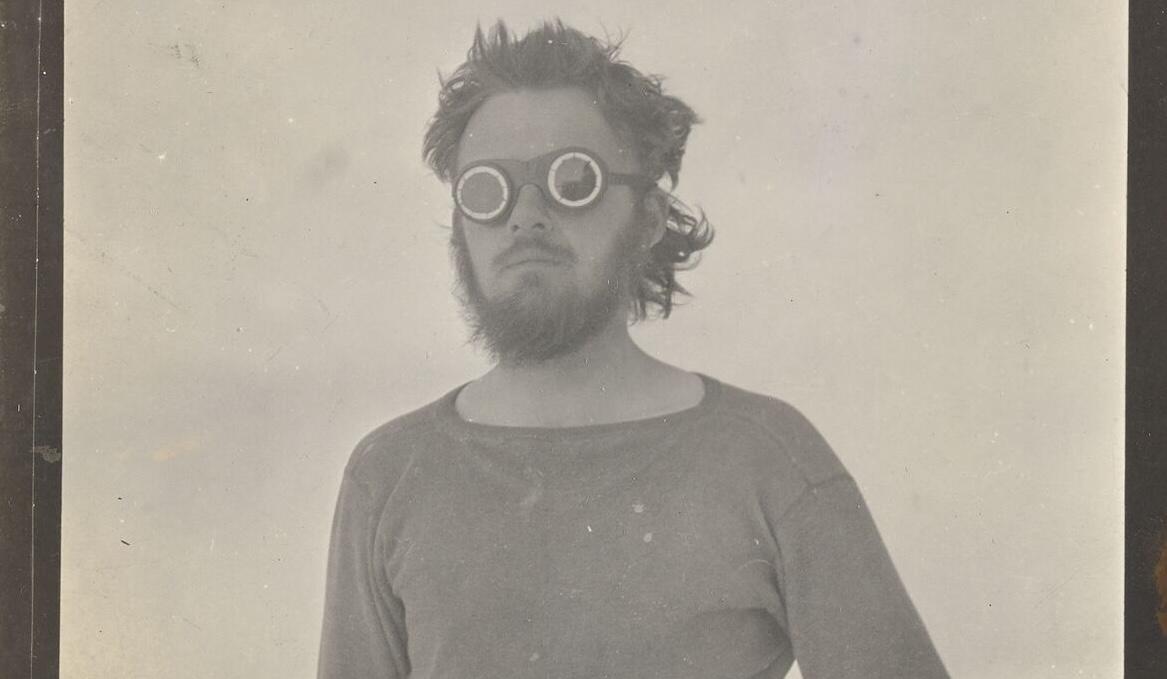
image from Rauner Library archives of E. Lorne Knight on Wrangel Island
Transcribing Primary Resources
“After traveling just an hour West, we saw something dark on the horizon...and by aid of the glasses saw that it was 'the lost one'...We bundled her on the sled and brought her home, where she now sits, moping. Crawford tried to ascertain what her objective in leaving was and where she had been but to no avail” (page 39).
Dated November 27, this excerpt is a peek into E. Lorne Knight’s daily life on Wrangel Island. Located near the Bering Strait and named after the Russian explorer Baron Ferdinand Von Wrangel, who didn’t discover it, Wrangel Island lured settlers and explorers alike. Many died awaiting rescue or from their naivete and hubris.

